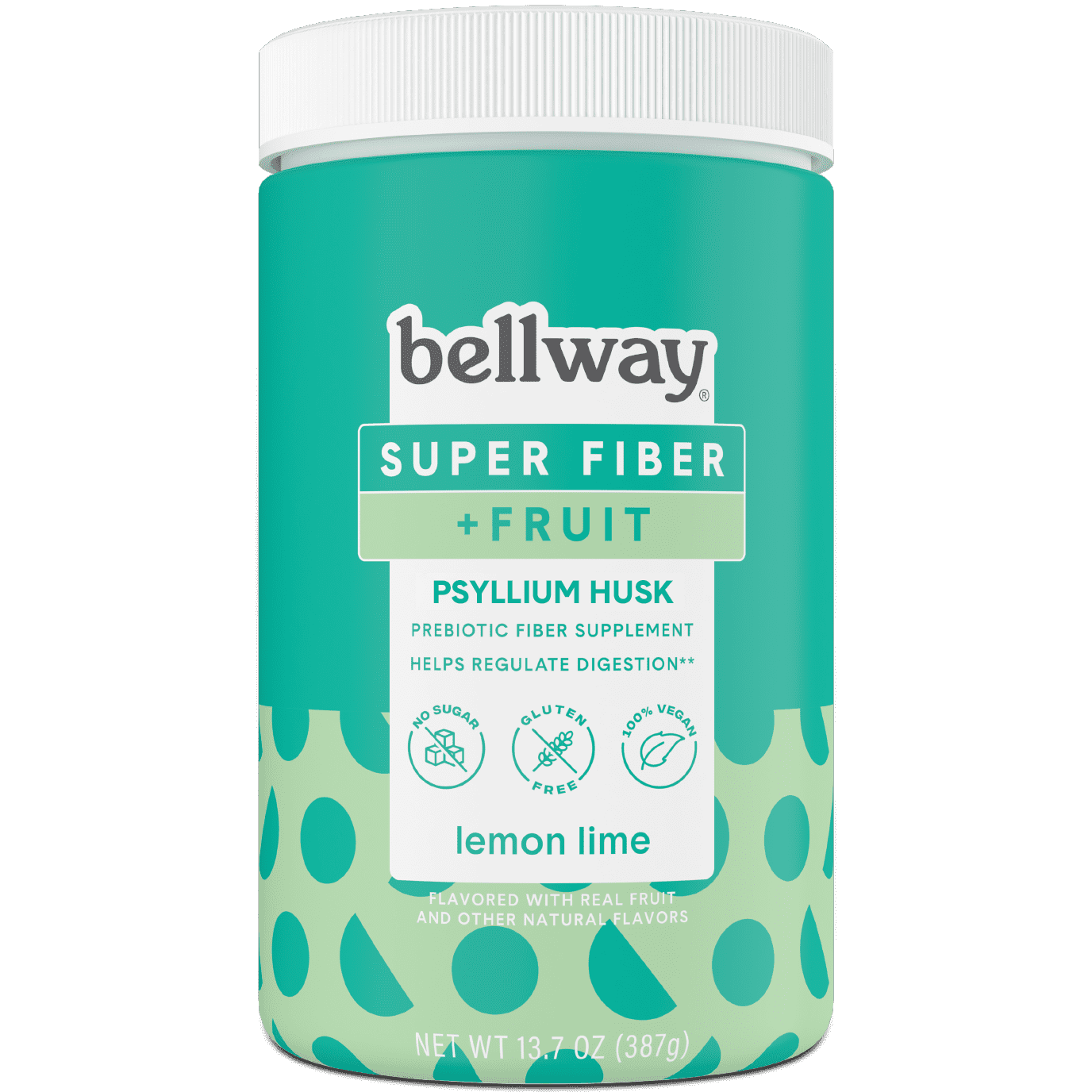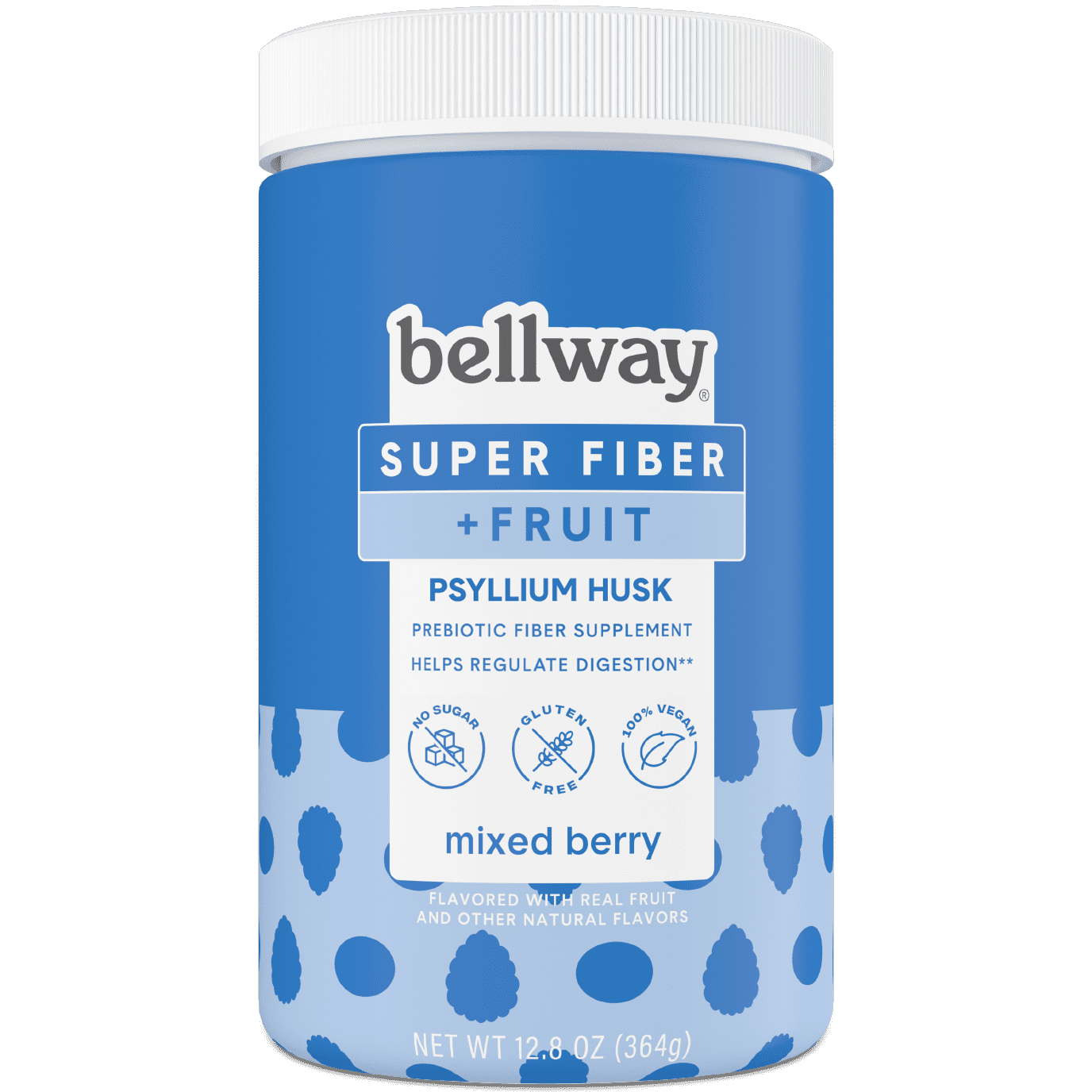
You’ve been dealing with some unsettling symptoms: sudden weight loss, fever, and frequent diarrhea. A quick Google search can tell you that you’re experiencing symptoms of ulcerative colitis… or is it Crohn’s disease? Here’s a breakdown of these two inflammatory disorders, and their similarities and differences.
Quick disclaimer: If you’ve been experiencing frequent, bloody diarrhea, fever, and/or inexplicable weight loss, check in with your doctor as soon as you can.
What is Crohn’s disease?
Crohn’s disease is an inflammatory disease that affects the gastrointestinal tract—that’s everything from the mouth to the anus, though it commonly affects the area where the small intestine turns into the large intestine. The inflammation occurs in segments, and can be accompanied by abdominal cramps, chronic diarrhea that sometimes has blood in it, fever, nausea, vomiting, gas, and fatigue.
While experts are unsure about what causes Crohn’s disease, some people do have a genetic predisposition to it. Learn more about Crohn’s disease here.
The difference between Crohn’s disease and ulcerative colitis is that Crohn’s affects the entire GI tract, while ulcerative colitis only occurs in the large intestine.
What is ulcerative colitis?
Ulcerative colitis is also an inflammatory disease. The difference between Crohn’s disease and ulcerative colitis is that Crohn’s affects the entire GI tract, while ulcerative colitis only occurs in the large intestine. (Though, in some cases, it affects the lower part of the small intestine, too.)
Symptoms of ulcerative colitis include bloody diarrhea, abdominal pain, fatigue, general discomfort, loss of appetite, weight loss, and mild fever. Check out our explainer on ulcerative colitis to learn more.
How are Crohn’s disease and ulcerative colitis treated?
Treatment for Crohn’s disease and ulcerative colitis are similar. In both cases, your doctor will advise you on medications that can reduce inflammation based on how frequently it occurs. Your doctor will also make dietary suggestions to compensate for the loss of fluids and vitamins that occurs as a result of frequent diarrhea.
Some medical professionals suggest increasing your soluble fiber intake to reduce the risk of flare-ups of these diseases. Soluble fiber, found in plants, feeds gut microbiota (microorganisms that contribute to gut health and function, and can prevent inflammation).
This type of fiber also slows digestion, reducing the risk of diarrhea. Supplements are a safe and easy way to increase your daily fiber intake. A psyllium husk fiber supplement like Bellway contains the soluble fiber that won’t trigger your symptoms, and organic, all-natural ingredients to support your overall health. As with all supplements, confirm with your doctor that it’s right for you before adding to your daily routine.








